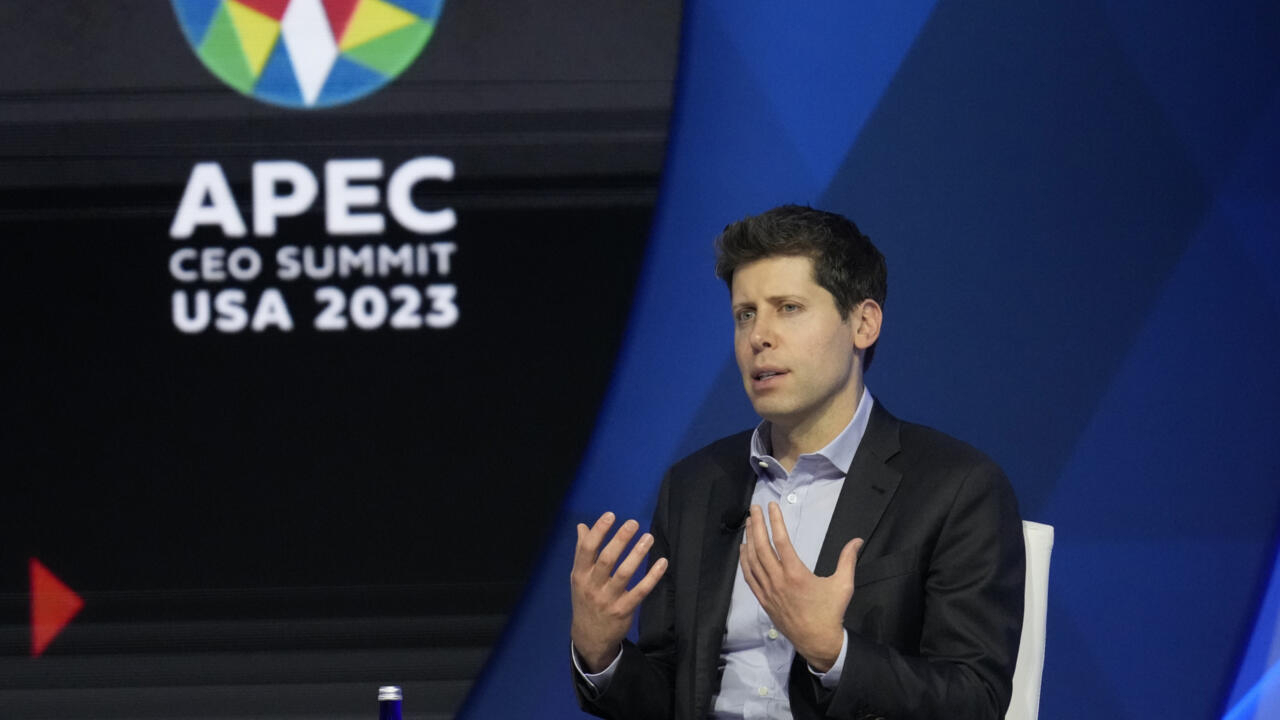OpenAI said on Tuesday it had reached an agreement for Sam Altman to return as CEO days after he was ousted, ending frantic discussions about the future of the startup behind ChatGPT.
Published on:
2 minutes
OpenAI announced, on the night of Tuesday, November 21, to Wednesday, November 22, the return of its co-founder Sam Altman to its leadership, a few days after his dismissal from the start-up creator of ChatGPT.
“We have reached an agreement in principle that Sam will return to OpenAI as CEO” with changes to the board, notably led by Bret Taylor and the arrival of Larry Summers and Adam D’Angelo, the company explained in a statement released on Tuesday. evening, just after 22:00 in California or 7:00 on Wednesday in Paris (6:00 GMT). “We are working on the details. Thank you for your patience during this time,” the startup added in this message.
We have reached an agreement in principle that Sam Altman will return to OpenAI as CEO with new initial leadership of Bret Taylor (Chairman), Larry Summers and Adam D’Angelo.
We are working together to figure out the details. Thank you for your patience.
— OpenAI (@OpenAI) November 22, 2023
Sam Altman, who Microsoft announced on Monday that it would hire him, three days after he was fired from OpenAI, immediately confirmed for himself that he has the support of Satya Nadella, the head of Microsoft, to return to the head of OpenAI.
“With Satya’s new board and support, I look forward to returning to OpenAI and building a strong partnership with Microsoft,” the Silicon Valley star wrote on X.
700 of OpenAI’s 770 employees threatened to resign
On Monday, former Twitch boss Emmett Shear even announced that he had temporarily accepted the position of OpenAI’s number one.
According to a letter published by several US media outlets, nearly 700 of OpenAI’s 770 employees threatened to resign if Sam Altman, 38, did not return.
The launch of the first version of ChatGPT online on November 30, 2022 started the race for so-called generative artificial intelligence, i.e. able to create content (text, images, sounds) on demand in ordinary language.
Generative AI is seen as capable of transforming entire sectors of the economy. It arouses enthusiasm, but also strong concerns about its possible danger, especially for democracy (massive disinformation) or employment (replaced professions).
With AFP

